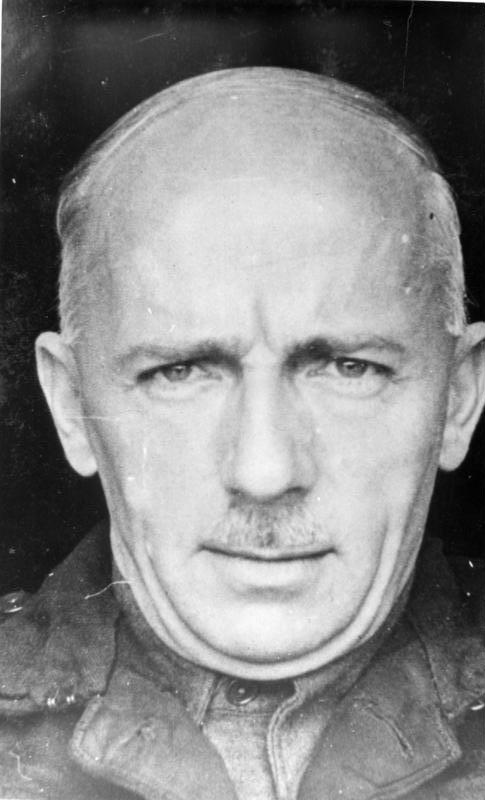[Dornberger, Walter, Walter Dornberger, V2--Der Schuss ins Weltall, 1952 -- US translation V-2 Viking Press:New York, 1954, Bechtle Verlag, Esslingan, p17,236]
Walter Dornberger Quotes
Major-General Dr. Walter Robert Dornberger was a German Army artillery officer whose career spanned World War I and World War II. He was a leader of Nazi Germany's V-2 rocket program and other projects at the Peenemünde Army Research Center.
Dornberger was born in Gießen and enlisted in 1914. In October 1918, as an artillery lieutenant Dornberger was captured by United States Marines and spent two years in a French prisoner of war camp, mostly in solitary confinement because of repeated escape attempts. In the late 1920s, Dornberger completed an engineering course with distinction at the Berlin Technical Institute, and in the Spring of 1930, Dornberger graduated after five years with an MS degree in mechanical engineering from the Technische Hochschule Charlottenburg in Berlin. In 1935, Dornberger received an honorary doctorate, which Col. Karl Emil Becker arranged as Dean of the new Faculty of Military Technology at the TH Berlin.
Wikipedia
